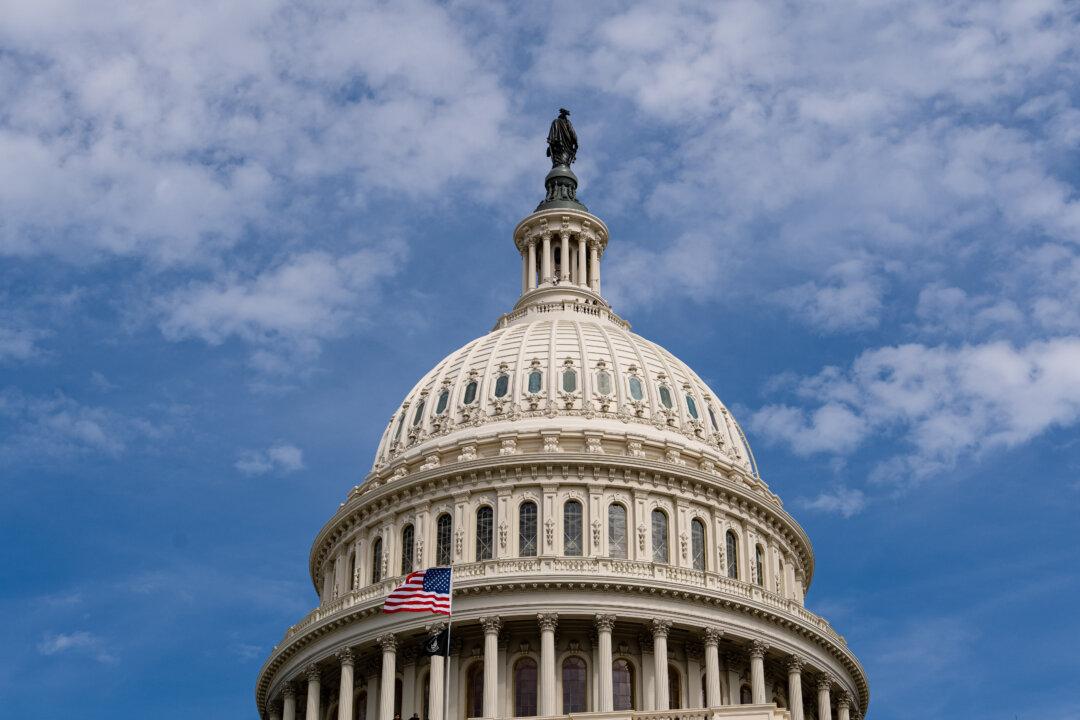The House Rules Committee, in a late night vote, advanced a bill that would reauthorize a controversial spying authority but left a key aspect of the debate to be decided later.
The authority in question, Section 702 of the Foreign Intelligence Surveillance Act (FISA), is one of several post 9/11 surveillance authorities that have come under scrutiny as some lawmakers have tried to reclaim the civil liberties lost in the 2000s.





